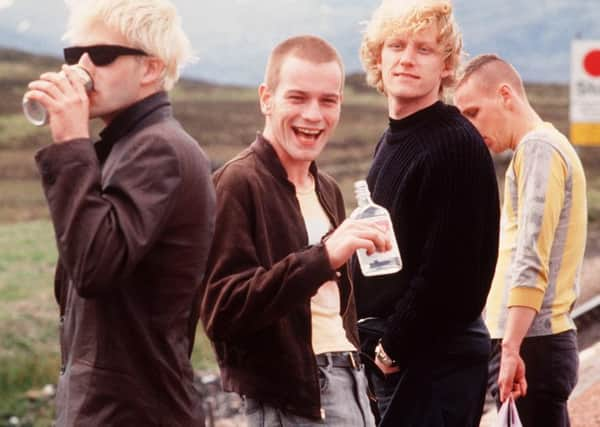Leader comment: Trainspotting kicked out the kailyard


However in a television documentary to be screened this week, an academic suggests that the films are connected because they follow a long tradition of “substance abuse” being featured in films about Scotland.
It’s stretching a point. The two stories are set in Scotland, and some scenes involve characters taking alcohol. There, the parallels end.
Advertisement
Hide AdAdvertisement
Hide AdHowever, there is truth in the documentary’s assertion that the Scot and Scotland have been easy stereotypes for directors to reach for over the years. The kailyard representation of a slightly backward country was used with depressing regularity in cinema for decades on end.
This lazy depiction of a land of heather, tartan and bagpipes has virtually disappeared now, and in fact, we have Trainspotting to thank for that. Irvine Welsh’s story of drink, drugs, disease and death had plenty of artistic licence, particularly when adapted for screen, but it was a blast of grim reality that killed off further attempts at Hollywood-imposed romanticism, in much the same way that punk rock blew away the dross that was middle-of-the-road 1970s pop music.
Trainspotting may not have been the stuff of VisitScotland’s dreams, but it helped to ensure we would not have to cringe at another Whisky Galore! – however unpalatable its imagery may have seemed 20 years ago.